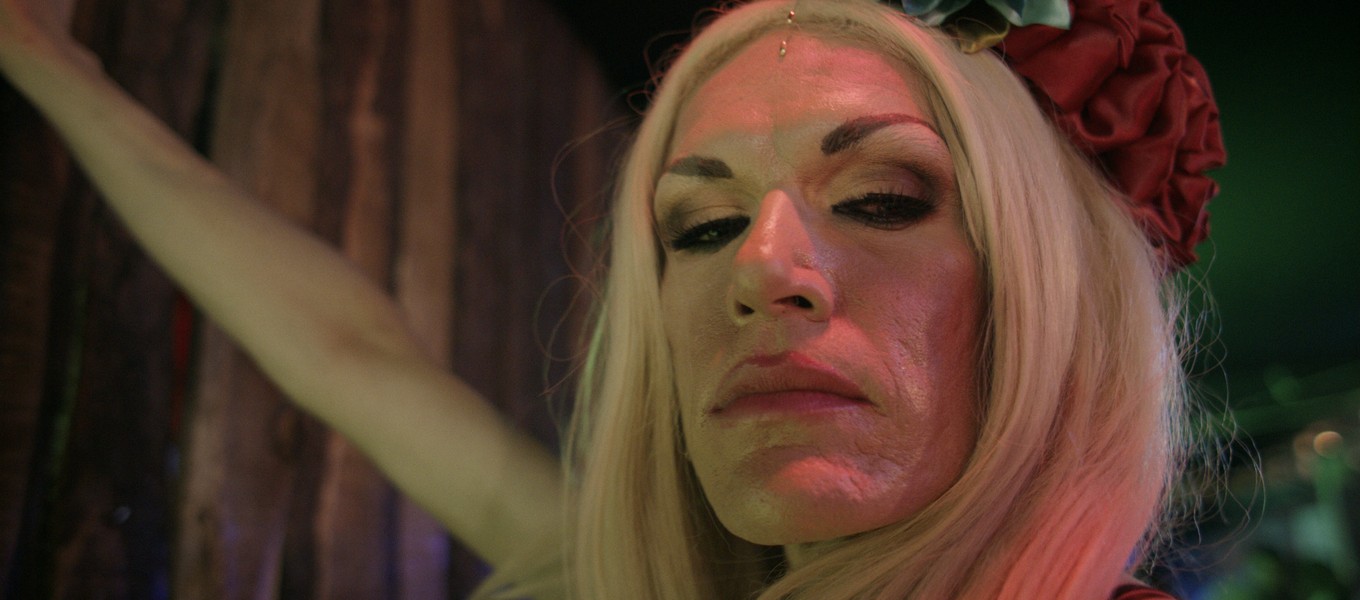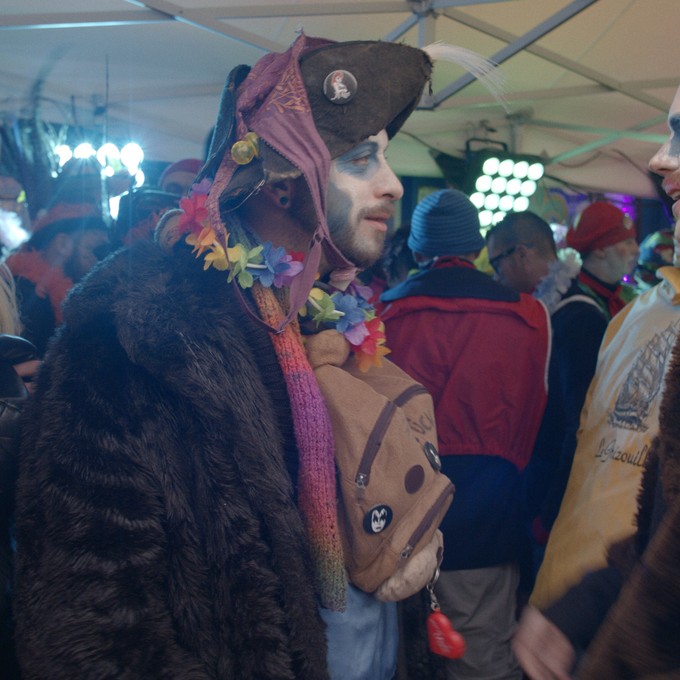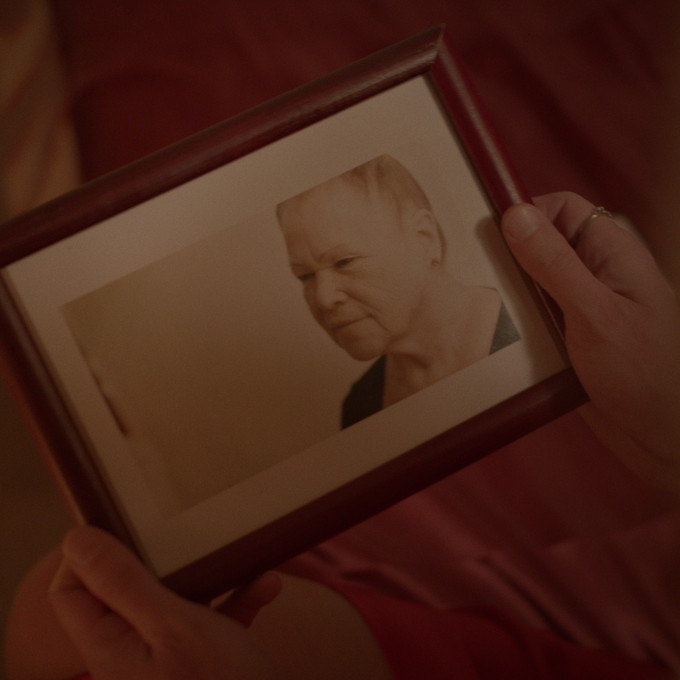Fernando Colin Roque
Dana, Carnaval y Tzompantli - Film - 19min - 2019
présenté dans le cadre de l'exposition Panorama 21



Film
The methodical polarisation between life and death raises the question of the metaphysical meaning of life. The drama involves
a Mexican transvestite who goes to northern France to soothe the pain of his/her mother’s death and also to discover whether the carnival, like death, makes us all equals.
This film was shot during two carnivals, one in Chiapa de Corzo in Mexico and the other in Dunkerque, in France. In making this film, my aim was to describe the desperate will to survive. Over the top and sometimes pathetic, the character of Dana is not without humour, like the carnival at which the dead are alive and dance.
My way of directing is more novelistic than documentary. I adopt the personal viewpoint of the character, following the action with a wide-angle lens and a shoulder-mounted camera. When that is effective, the viewer is caught up in the event and is placed at the centre of every sequence and thus the film, surrounded by people who are talking. Ideally, the viewer will receive enough information to be able to understand what is happening, with no barrier between him and the subject of the film.
Fernando Colin Roque
Through his work, Fernando Colin Roque (1989, Mexico) tries to understand the human condition, as well as man’s contradictions, frailty and ambivalence in the face of complicated facts, such as gender, migration, memory and death. In 2008, he made Al canto del Bajío, a documentary that went on to win many prizes. He studied at the Berlinale Talent Campus. He has made The Most Living Shout, a production for the Mexican Ministry of Culture, as well as the film Coba: Esperanza. Ikki Films is producing his next long documentary, La Vida es un carnaval.
Production
Credits
› Son : Julio Rojas, Ludivine Pelé
› Montage image : Mattia Petulla
› Montage son : Florent Bourgain, Ludivine Pelé
› Mixage : Yannick Delmaire
› Musique originale : Sergio Gurrola
Acknowledgments
Tlacaelel Colin, Alain Fleischer, Bela Tarr, Estelle Benazet, François Bonenfant, Le Fresnoy - Studio national, R7D et à toutes les personnes du Mexique et de la France qui ont rendu le film possible.
